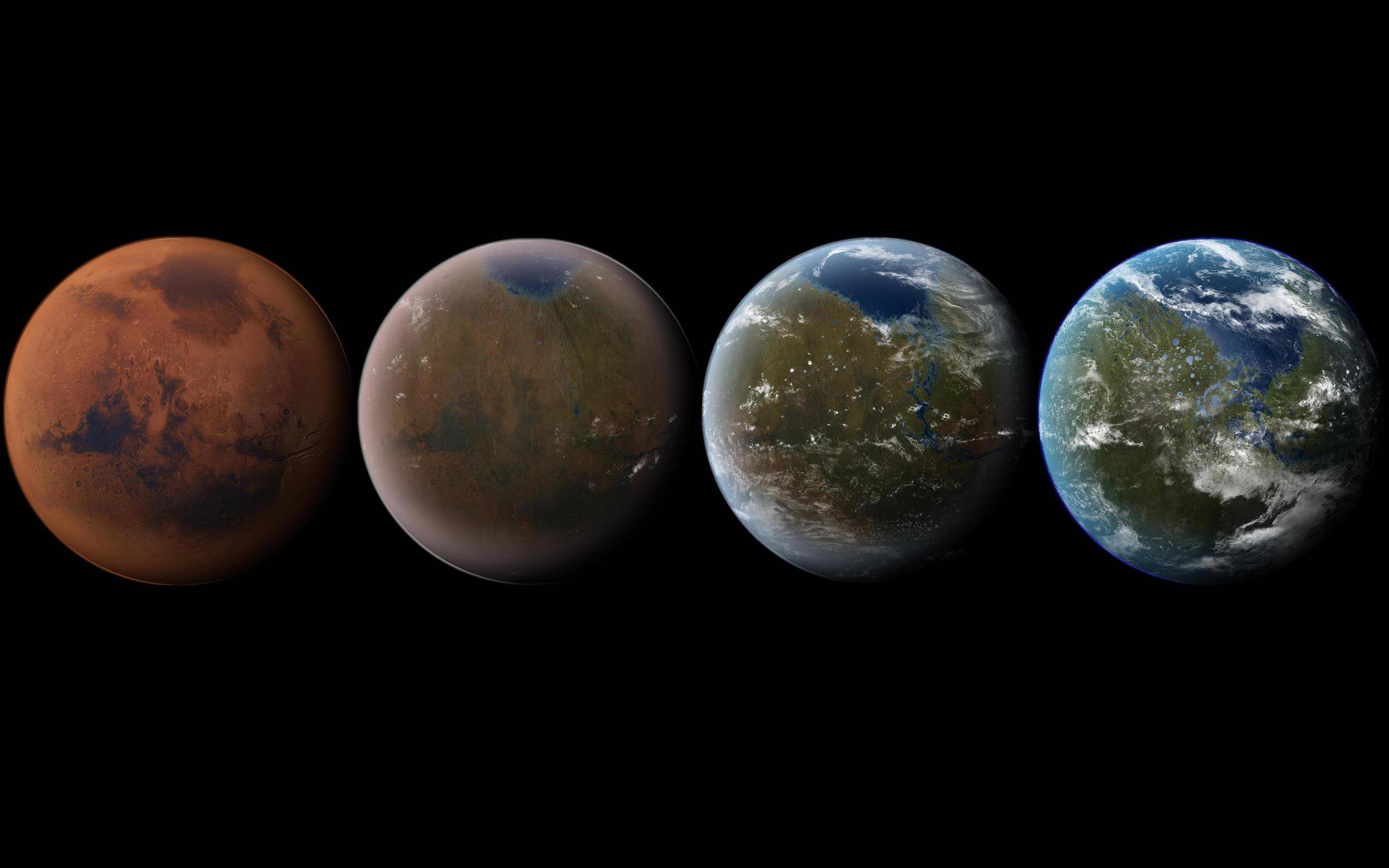Until not that long ago, music was a participant event. Everyone in the village gathered to sing, play handmade instruments, and dance. If you were especially skilled, you received recognition (and maybe a few rounds of free ale or whatever passed for it). I grew up in the era of folk music, where almost everyone I knew had a guitar, banjo, recorder, or equivalent instrument. Maybe a dulcimer, castanets, or lap harp. Sure, we went to concerts, but we made our own music, too. For the last couple of centuries, folks who could afford it had a harpsichord, clavichord, pianoforte, as well as a harp (ref. any Jane Austen novel or film). Composers wrote for their patrons (or their patrons’ families), music simple enough for an amateur to enjoy playing. Even with the shift through recorded media to professional concert music (everything from symphonies to metallica), folks continue to enjoy playing music. Perhaps it’s a bug they catch in high school band or orchestra. Perhaps their moms forced them into piano or clarinet lessons and they found themselves wanting to play long after lessons went by the wayside.
So I’m not at all surprised at the popularity of community
music groups. Amateur choral groups, whether associated with religious
institutions or not. Recorder ensembles playing Christmas music. Church choirs.
Community bands or string ensembles—after all, where else are those band
members or not-quite-good-enough-for-professional violinists going to find
kindred spirits and have fun?
My husband, a clarinetist, played in a community band comprised
of retired musically inclined folks and high school seniors or graduates, plus
two for-credit community college bands. The “symphonic band” in particular drew
from current students and ordinary folks. I used to love attending these
concerts, well within our budget (aka, free). They varied in quality but it was
always clear how much fun the musicians were having.
Fast forward through the pandemic and waning interest…to a
sign outside one of the tiny churches in our tiny town: “Concert!” Of course, even
at the requisite 25 mph, I couldn’t catch the date and time. Then my piano
teacher said, “I’m playing the piano solo at the church, you should come.” I
came. I sat where I had a good view of her hands. The church held maybe a
hundred people, but the acoustics were marvelous. I went back for a second
concert, although I had the same problem finding out when the performances were.
At last, I found the website for the “Concertino Strings,” showed up for a
performance, and had a marvelous time.
The directors, Joanne Tanner and Renata Bratt, did a
brilliant job selecting music that was fun to play, within the skill level of
their musicians, and delightful to listen to. This last concert included:
Don Quixote Suite; A Burlesque, by G. P. Telemann
Gigue, by J. Pachelbel (the one written to go with his
famous Canon in D)
Pachelbel’s Rhapsody, by Katie O’Hara LaBrie
As Renata Bratz pointed out, we have all heard Pachelbel’s Canon in D umpteen times, although few of us have shared the experience of the cellists, who play the same 8 notes over…and over…and over. Maybe that was what LaBrie had in mind when she arranged a delightful blend of Pachelbelian themes in a sprightly modern setting. I came home and looked it up online. You can enjoy it, too!
The next concert is December 11 and 14, featuring Sammartini's Concerto Grosso “Christmas.”




